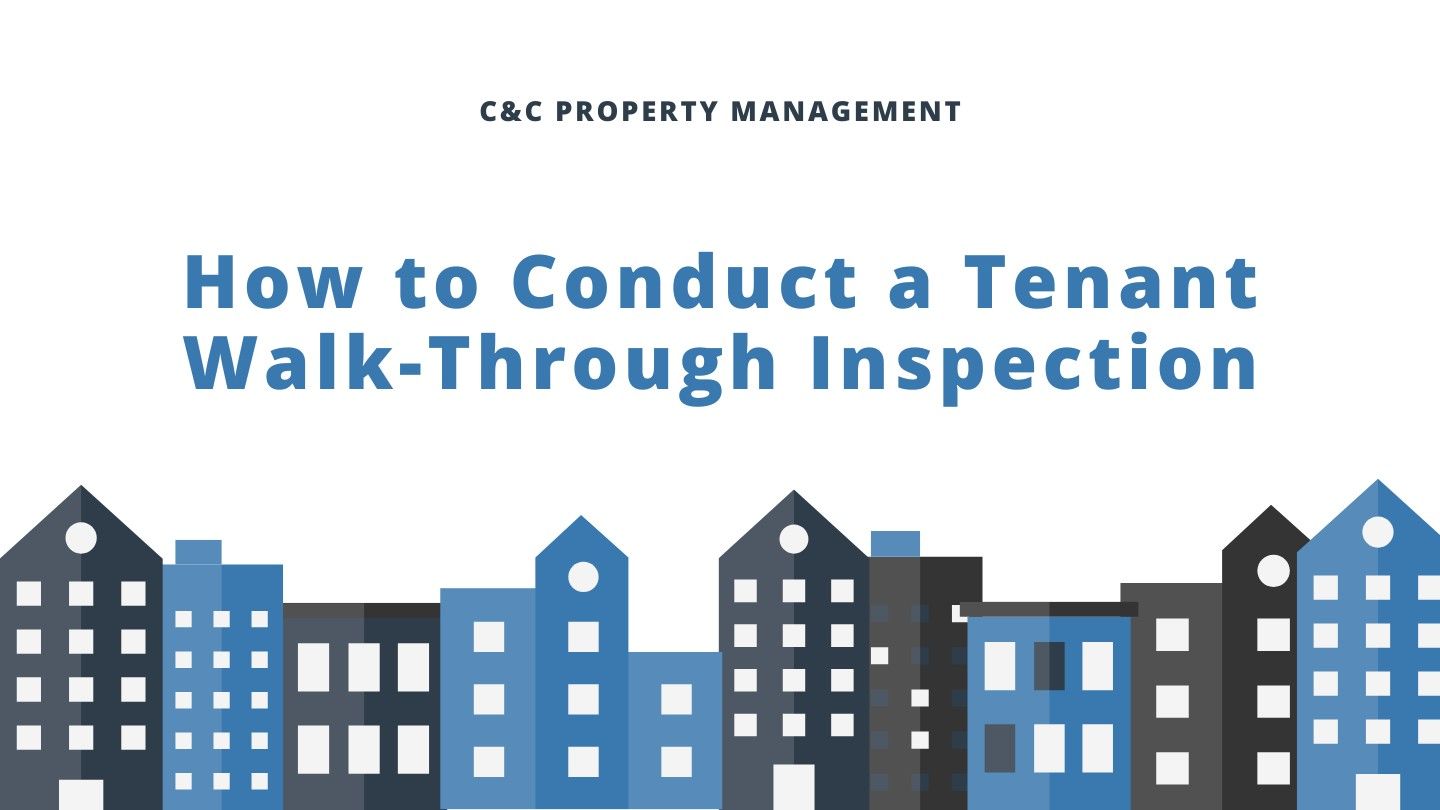9 Ways to Learn About Real Estate Investing: Unlocking the Path to Financial Freedom
Real estate investing has long been revered as a lucrative avenue to attain financial freedom.

When done right, it opens doors to endless opportunities and a future of prosperity. But how does one embark on this journey of real estate success? The answer lies in education. From beginners taking their first steps to seasoned investors seeking continuous growth, the process of learning never stops in the realm of real estate.
In this article, we will explore the best resources available to help you understand real estate investing from financial, legal, and market perspectives. Let's dive into nine essential ways you can expand your knowledge and pave your way to becoming a successful property entrepreneur.
1. Books: Wisdom Captured in Pages
Books have the power to reshape our thinking and inspire new ideas. In the realm of real estate, well-written books provide a unique and thought-provoking perspective. Explore thought leaders in the industry through BiggerPockets' collection of books covering topics like rental property transactions, legal ramifications of rental management, investing in REITs, and much more. With countless titles available, you'll find a wealth of knowledge at your fingertips.
2. Courses: Knowledge in Virtual Classrooms
Online learning platforms like Udemy offer a plethora of real estate courses for beginners and seasoned investors alike. Taught by experienced investors, these courses instill confidence in handling investment proposals, conducting due diligence, and navigating the intricacies of real estate. For a more interactive experience, explore BiggerPockets' virtual bootcamps, tailor-made to suit your preferences.
3. Networking Events: A World of Connections
Networking events and conferences abound in the real estate industry. These gatherings not only allow you to interact with industry experts but also provide insights into current market trends, ideal investment locations, and maximizing profits. Seize the opportunity to learn from successful investors in one place and explore the latest real estate technology and rental trends.
4. Podcasts: Learning On-the-Go
Podcasts are a joy to listen to, offering valuable insights at your convenience. Tune in to top podcasts covering real estate investments, property maintenance, rental management, and success stories of renowned real estate professionals. BiggerPockets hosts an array of podcasts featuring industry experts, sharing their journey and valuable lessons.
5. Webinars: Interactive Learning
Join webinars to engage with mentors, ask questions, and learn about the latest trends in real estate. These online events connect you with influencers who offer insights into various aspects of investing. Whether it's rent trends, setting rent, or exploring new investment avenues, webinars are an invaluable resource for expanding your knowledge.
6. Blogs: A Treasure Trove of Information
Blogs like BiggerPockets, Landlordology, and REtipster provide endless information on real estate, from renting a primary residence to buying and flipping properties. If you're looking for free resources, blogs offer a wealth of knowledge for aspiring investors.
7. Forums: Connecting with the Community
Real estate forums, like the popular one hosted by BiggerPockets, enable you to connect with fellow investors, build your network, and seek advice on various real estate matters. Networking with the right people is a key ingredient to success in the industry.
8. YouTube: A Wealth of Visual Learning
With over 2 billion users worldwide, YouTube is a treasure trove of free real estate content. You'll find experts covering topics ranging from Airbnb strategies to house hacking. YouTube channels like BiggerPockets, Ryan Serhant, and Max Maxwell offer valuable insights into the world of real estate investing.
9. Mentors: Guiding You to Success
Mentorship is crucial for real estate success. Seek guidance from experienced professionals who can provide insights and share their journey. Real estate syndicates also offer mentorship opportunities, pooling resources to own investment properties and educating members on the benefits of investing in real estate.
Embrace the journey of continuous education, as learning is the key to thriving in the dynamic world of real estate investing. Whether it's through books, courses, podcasts, webinars, blogs, forums, YouTube, or mentors, the path to success lies in expanding your knowledge and staying dedicated to your growth as a real estate professional. Remember, the learning process never ends for those who are truly dedicated to their craft. Happy investing!








